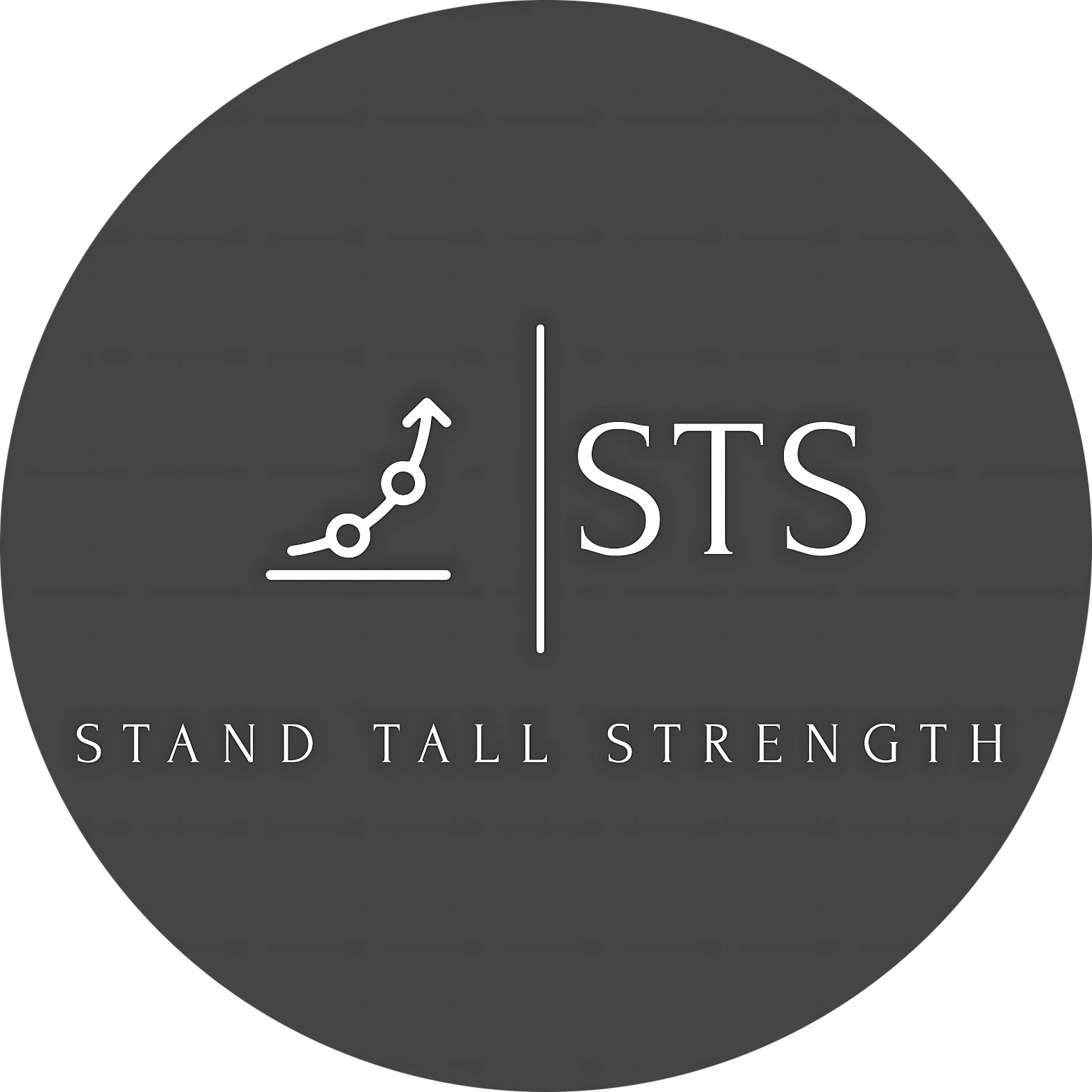Jet lag is a disconnection of ones internal biological clock from the actual time of day, caused by travel to a time zone different than one is customary to.
This detachment from real time may cause an athlete to operate poorly at the time of performance.
Athletes who compete closer to their biological clocks 'peak performance time of day' are more likely to win than those who compete at a less favorable biological clock time.
In addition to this, jet lag is associated with sleep disorders, irritability, depression, fatigue, poor concentration and coordination as well as gastrointestinal disorders.
It is harder to adjust the biological clock to the local time if you are flying eastward than westward.
Westward flights need on average 3-4 days for adaptation to the local time where as eastward flights need 6-7 days.
To reduce Jet Lag an athlete should do the following:
1) When boarding the plane, the athlete should change the time on their watch to destination time and also change sleep and eating times to match destination time.
2) The athlete should not sleep/nap after arrival.
3) The athlete should train after arrival.
4) At the time of arrival, the athlete should alter exercise and rest times to local time. If it is daylight, they should go outside rather than stay in the accommodation.
5) The athlete should expose themself to sunlight in the evening if traveling westward and in the early morning if traveling eastward.
6) The athlete can manipulate the sleep-and-wake cycle with food.
In the morning, to boost alertness, it is optimal to eat high protein and low carbohydrate foods.
In the evening the athlete should eat a high carbohydrate and low protein dinner to become drowsy. Caffeinated drinks such as coffee and tea in the morning accelerates adaptation to local time.
7) The athlete should fly westward if travel spans 10 time zones or more.
8) The athlete should make plans to arrive several days before the competition or training period to allow for adaptation.















